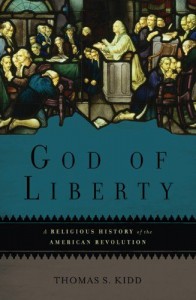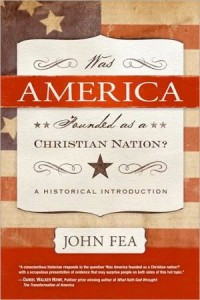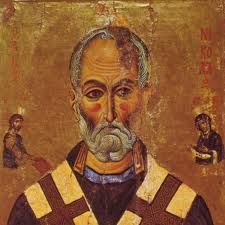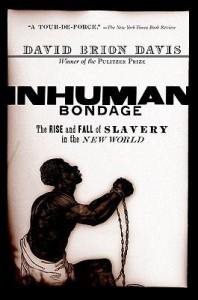Today I present a formal prayer for all of you out there who are informal in your spiritual life. In fact, this day, December 28, 2012, seems to be a good day to consider how church tradition can aid spiritual life.
Let me explain.
Most evangelicals (though not all) are what we sometimes refer to as “non-liturgical” or “low church.” This means, among other things, that they are more informal in their worship practices, avoid “rituals,” and do not follow the historic church calendar (with the exception of recognizing Christmas and Easter in some way). This stems from practices advanced by some Protestants during the Reformation who believed that high church traditions and rituals encouraged a works-based theology and made worship something based on outward actions rather than inward matters of the heart. Calvinists, Pietists, Mennonites, and Quakers moved in this low church direction while Lutherans and Anglicans/Episcopalians tended to maintain liturgical forms of worship. (Evangelicalism was born from a blend of Calvinist, Pietist and Methodist impulses).
But let me, as a member of a non-liturgical church (Evangelical Friends) put in a word for the high church tradition. First, we should remember that while it is true that liturgical practices can become empty routines, the same can be said for low church spirituality. Second, there are riches to be found in the traditions of Christianity. Following a church calendar, for instance, can focus our attention on biblical passages that we might otherwise pass over rather quickly. And reciting formal prayers, written by those schooled in solid theology, can help us articulate matters that we have difficulty expressing on our own.
That brings us to today. Those Christians who follow a high church calendar mark December 28 as a day to remember the children of Bethlehem whom Herod killed in his deranged passion to eliminate Jesus Christ. In light of the recent tragedy in Newtown, Connecticut, it seems especially fitting that we reflect on this event from Matthew 2.
To my recollection, I have only come across one evangelical church that has incorporated this event into their Christmas season. This church was the Kijabe African Inland Church in Kenya, which included Herod’s slaughter in the Christmas play that their children performed. That sight of Kikuyu Christian children acting out a slaughter of the boys in Bethlehem suddenly struck me as odd, not because they had included it in their Christmas play, but because I had never seen any other Bible-believing evangelicals in the United States include it. For whatever reason, most American evangelicals would rather avoid this story at Christmas. It is, after all, a painful story to recount in a season that we associate with joy, peace and happiness. And it is difficult to know how to incorporate tragedies such as this in a context of worship.
And here is where church tradition helps us. By turning our attention to a passage that we are inclined to skip over, and by articulating a prayer that is difficult to express on our own, we can participate in the work of the Kingdom of God in a way that we might otherwise miss.
Even though the birth of Christ brings peace on earth, we still live in a deeply fallen world. Sometimes, as the Newtown tragedy and Herod’s rage demonstrates, those two realities appear shockingly close together. So, as we pray for the families in Connecticut who are enduring a very difficult Christmas season, let us also consider the difficulties that beset this world and the source of hope for its redemption.
The version of the following traditional prayer comes from a devotional work by Phyllis Tickle entitled The Divine Hours: Prayers for Autumn and Wintertime:
We remember today, O God, the slaughter of the holy innocents of Bethlehem by King Herod. Receive, we pray, into the arms of your mercy all innocent victims; and by your great might frustrate the designs of evil tyrants and establish your rule of justice, love, and peace; through Jesus Christ our Lord, who lives and resigns with you, in the unity of the Holy Spirit, one God, for ever and ever. Amen.




